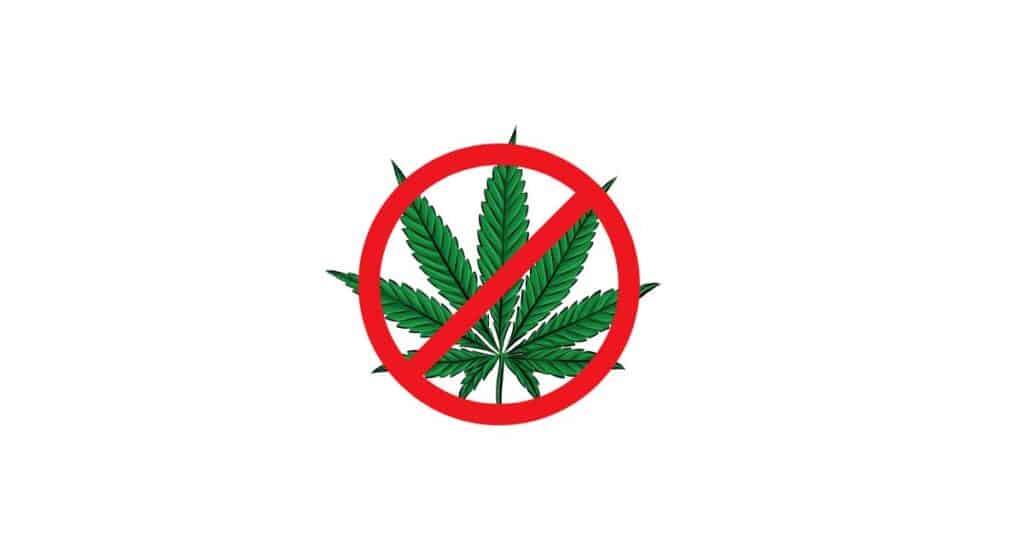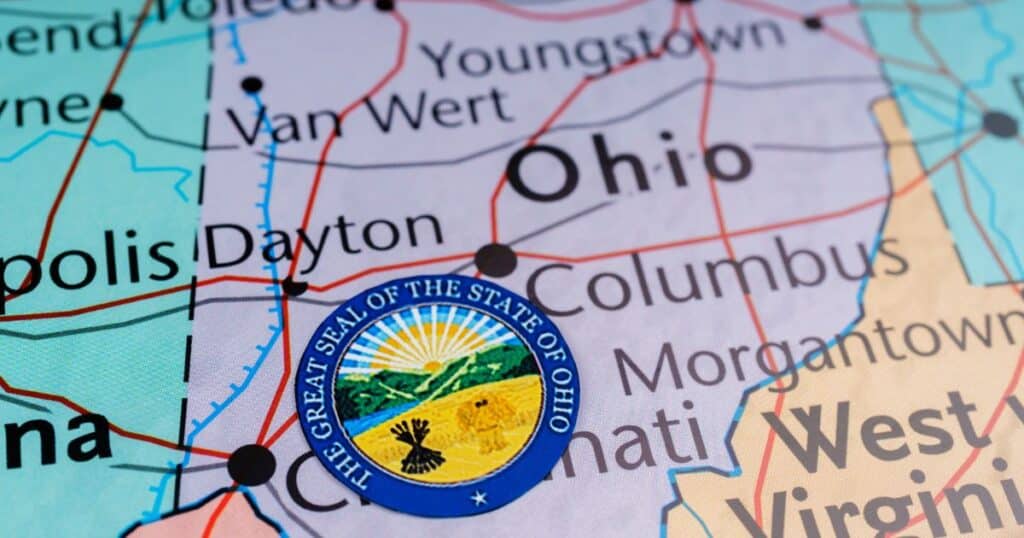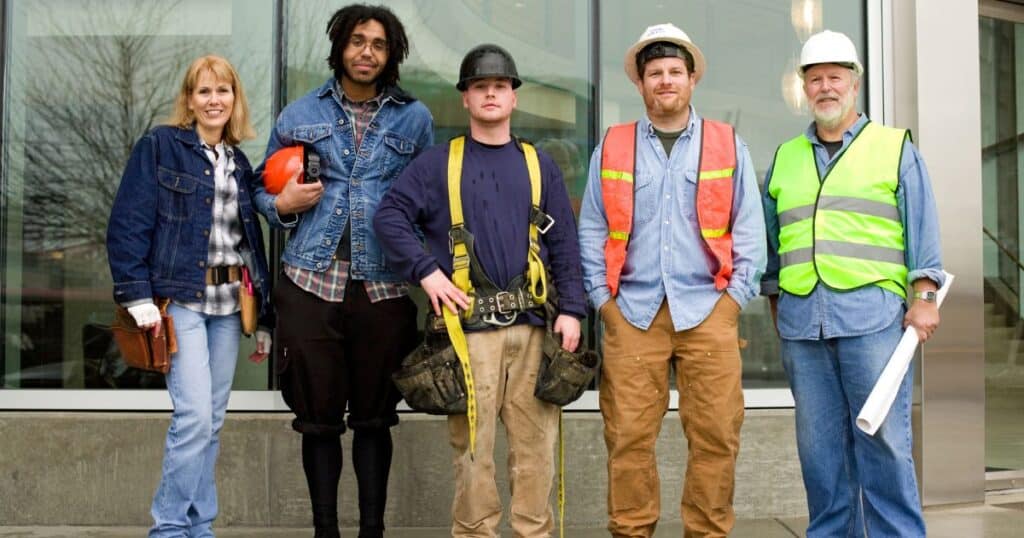Ohio is one of the growing number of states in the forefront of the cannabis legalization movement. However, a curious conundrum has surfaced—public employees across various cities in Ohio are barred from participating in what is now a statewide recognized industry, which the citizens of Ohio have chosen to be legal, and not just for medicinal purposes. This policy clash raises questions about employee rights, public safety, and the lasting remnants of the ‘war on drugs’.

In 2016, Ohio embarked on the path of reform by decriminalizing cannabis and legalizing it for medical use. The state then built on this foundation, passing HB523 in 2016, effective from late January 2017, to allow patients with specific medical conditions to purchase and use medical marijuana. This was a progressive step forward, recognizing cannabis as having viable medicinal properties.
More recently, in 2023, Ohioans voted to pass legislation that allowed for the legal consumption of recreational cannabis among adults with the passing of Issue 2. However, the excitement of legalization quickly turned into a bureaucratic mess for many public employees. In the confusion, it’s becoming trickier to see the state’s support for cannabis laws versus the unclear resistance from local government policies affecting their employees.
Public Employment vs. Personal Liberty
With recreational cannabis now legal in Ohio, a challenge lies in navigating public employment rules. The core issue is personal freedom versus employer control, especially in public-funded workplaces. Cities like Dayton, Beavercreek, Kettering, and others stick to strict policies banning cannabis use, even outside work hours as citing cannabis current classification of a Schedule I drug under the CSA as reported first by the Dayton Daily News.
An example is Kettering employees, use of any form of marijuana cannabis is cause for disciplinary action up to and including dismissal, said Mary Azbill, Kettering’s community information manager.
“Our goal is to protect the safety of our employees and those we serve,” she said. “The city’s policy is in place to allow us to achieve it.”
However, there’s a glaring inconsistency—cannabis is legal statewide. Shouldn’t state legislation supersede federal classification for state employees, especially when citizens have explicitly voted for change? This discord creates an environment where the personal liberties of public employees appear to be in direct conflict with the tenets of federal law, according to these city policies.
Cities argue that their prohibition policies are justified due to cannabis being labeled as a Schedule I drug by the federal government. However, with the HHS recommending its reclassification to a Schedule III drug months before adult-use cannabis was legalized in Ohio, this rationale is no longer valid.
Another contestation point is the issue of public safety. While one cannot disregard the responsibility public employees hold in ensuring the welfare of their communities, the question remains—does off-duty cannabis use truly threaten public safety?
Current research underlines that cannabis use outside the workplace does not translate to a higher incidence of work-related accidents. This evidence-based view challenges the stereotype that cannabis automatically equates to impaired abilities and heightened risks.
Unlike alcohol, cannabis generally does not lead to the same level of inebriation, nor does it carry the same long-term health risks. Therefore, it’s arguable that a zero-tolerance policy for cannabis cannot be uniformly applied to substances with differing safety implications.
Peeling away from the anti-cannabis stance of several cities, Montgomery County emerges as an anomaly. With a legislative leeway that permits its employees to use marijuana off the clock, the county is really leading the way with its interpretation of the new law.
“We do not monitor an employee’s choice to use substances that create impairment on their own time,” said Deb Decker, the county’s director of communications. “However, if their substance use creates an impairment on the job — or their impaired actions somehow disparage the county off the job — they are subject to disciplinary action.”
Their view aligns with a more balanced approach, recognizing individual freedom while maintaining public safety through consistent job performance expectations.
Navigating the Future of Cannabis and the Workplace
The scenario in Ohio serves as a microcosm of the challenges states face in aligning state-level legalization with local workplace regulations. The ideological tango between progressive state legislation and corporate policies encapsulates the societal growing pains as we march towards broader cannabis acceptance.
In light of this, it’s imperative for stakeholders across Ohio to engage in constructive dialogue that recognizes the evolving landscape of cannabis norms. This necessitates a swift revision of public employment policies to reflect the current legal and societal standing of cannabis. Prohibition-era practices belong in history textbooks, not in the HR manuals that guide our workplaces.
The pathway forward involves a nuanced approach that balances the rights of employees with the operational boundaries of individual city offices. This involves adopting policies akin to Montgomery County—policies that allow employees the freedom to enjoy LEGAL cannabis privately, without fear of retribution.

Navigating the intersection of cannabis legality and public employment policy in Ohio gets pretty complex. It’s all about finding that balance between legal stuff, personal rights, safety, and fairness. Ohio is now in a new cannabis era that could reshape norms, connect people, and pave the way for a more inclusive future. By standing up for these ideas, Ohio can create a place where everyone, no matter their job, can enjoy the freedoms their state laws provide.






















